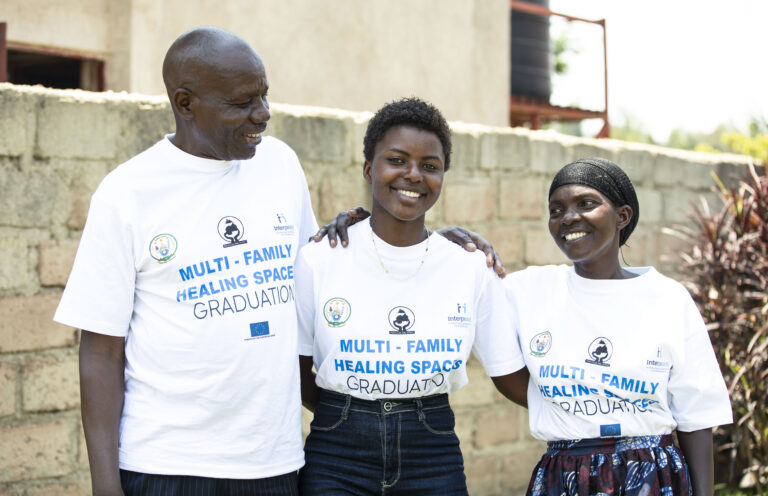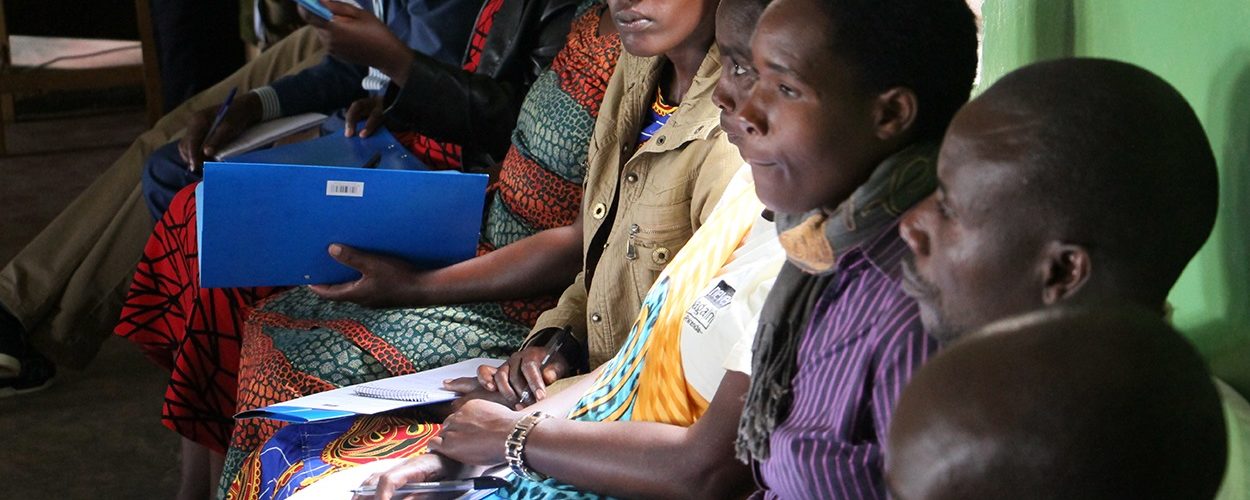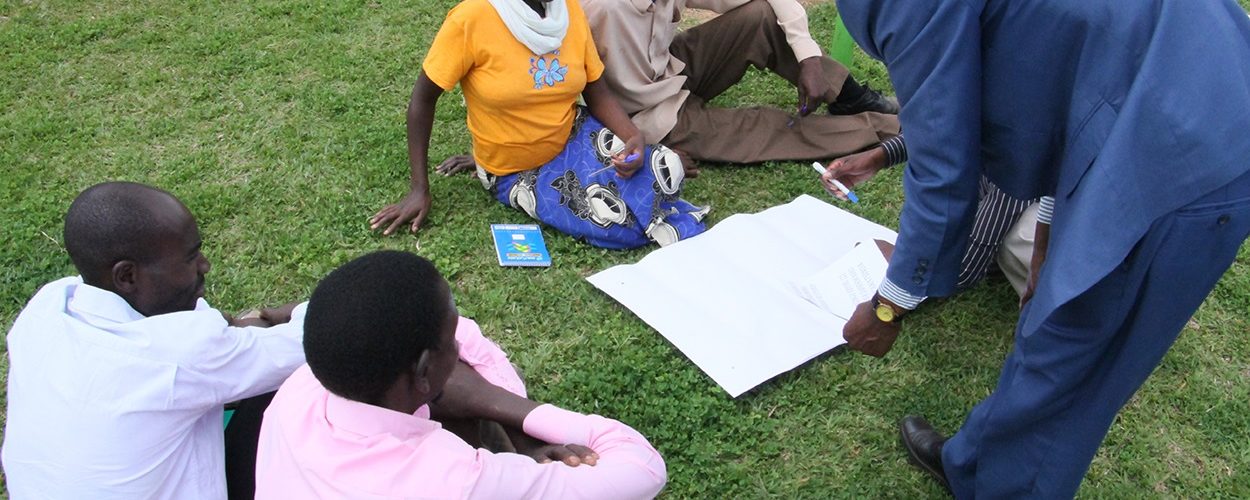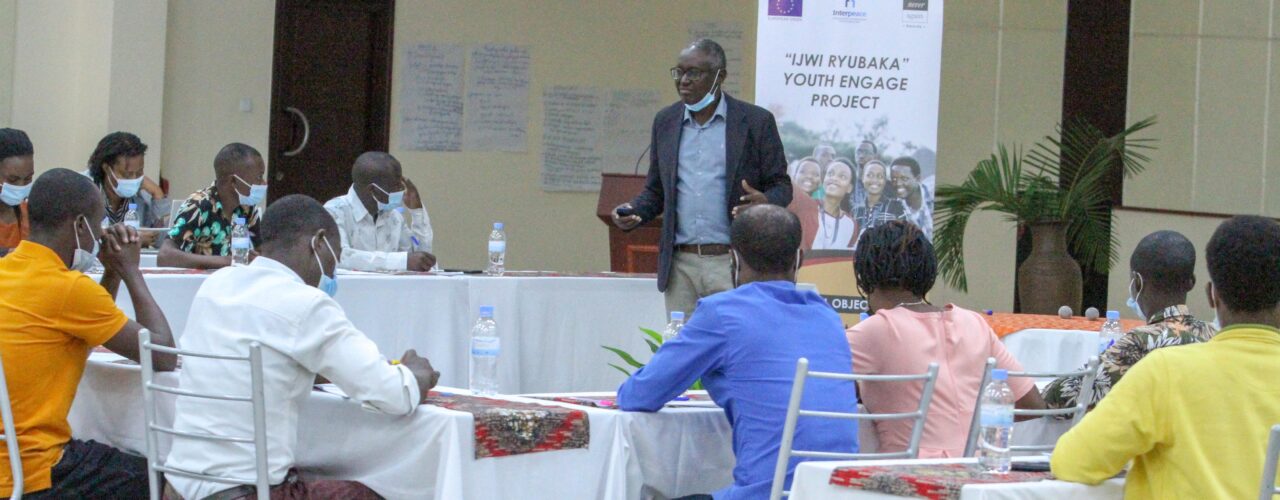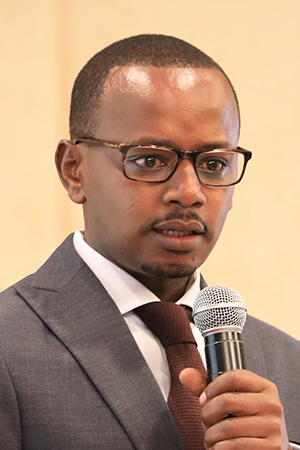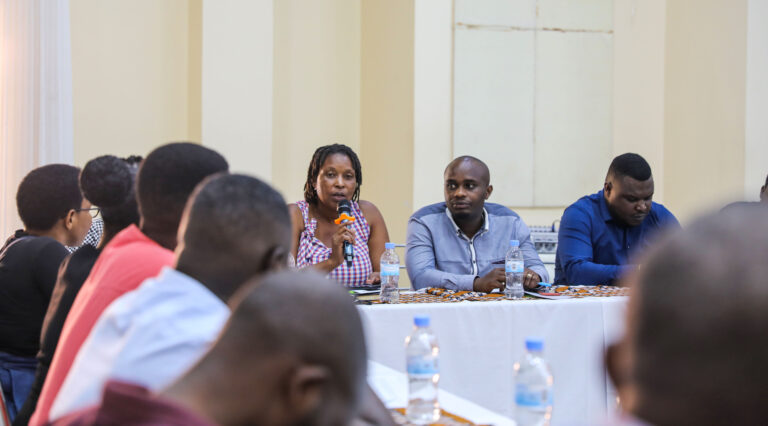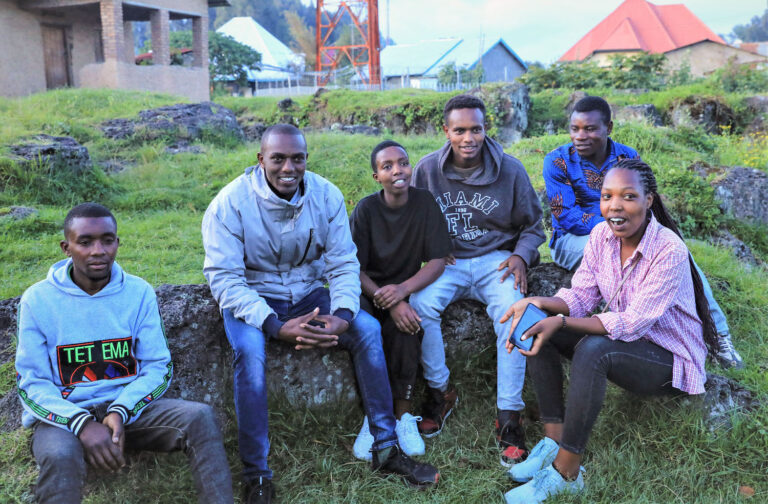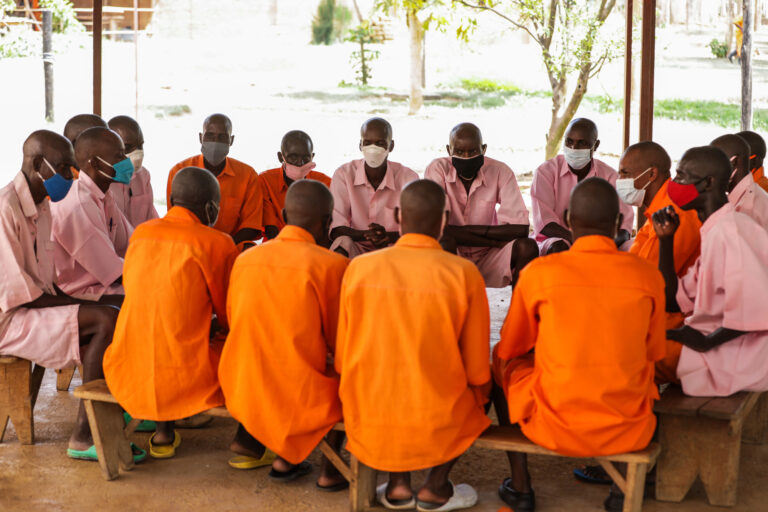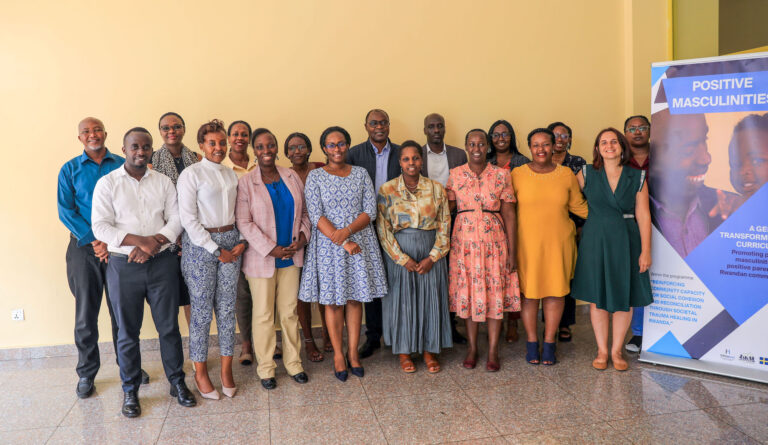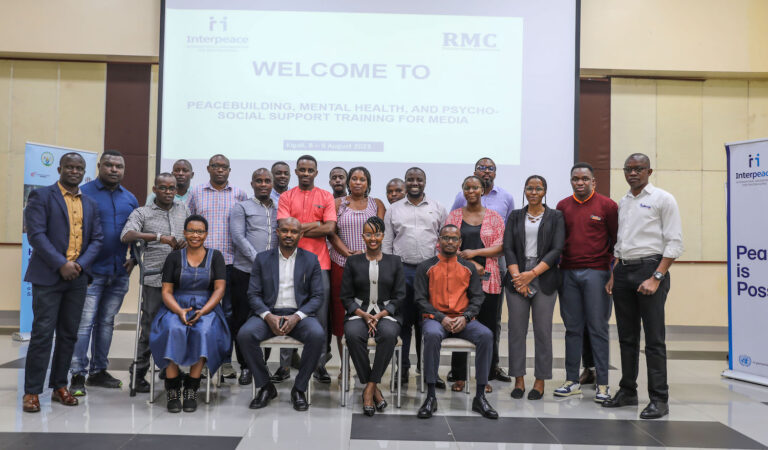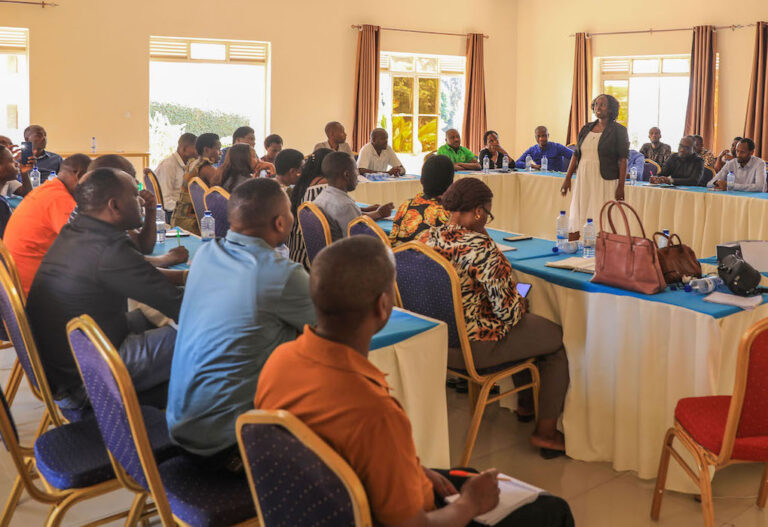Three decades after the Genocide perpetrated against the Tutsi in 1994, Rwanda continues to experience high levels of trauma, particularly amongst Genocide survivors. Simultaneously, several genocide prisoners have been released, as well as more than 20000 prisoners to be released over the coming years. Their return into society is likely to lead to an increase in levels of anxiety and other mental and psycho-social problems amongst survivors and others- including immediate families of these ex-prisoners, directly impacting the work being done to foster social cohesion and reconciliation across communities in Rwanda. This is also aggravated by several other risk factors including emotional and substance abuse, sexual and gender-based violence, family conflicts, social tensions, livelihood challenges, and intergenerational transmission of genocide legacies.
In response to this reality, Interpeace and its local partners, including Prison Fellowship Rwanda (PFR), Dignity in Detention Organisation (DIDE) and HAGURUKA are implementing a programme entitled: ‘’Reinforcing community capacity for social cohesion and reconciliation through Societal Trauma Healing.” This innovative initiative offers a holistic approach to simultaneously address mental health, promote social cohesion, support psychological rehabilitation and reintegration of prisoners and stimulate collaborative livelihoods of individuals and communities.
With funding from the Government of Sweden, the programme provides safe spaces for dialogue, healing, and capacity strengthening of existing formal mental health structures and local societal healing practitioners to strengthen a comprehensive and community-based mental health and psycho-social support system. Building on a successful European Union-supported pilot in Bugesera district (October 2020-December 2022), this initiative epitomises Interpeace’s commitment to healing and resilience in Rwandan communities.

